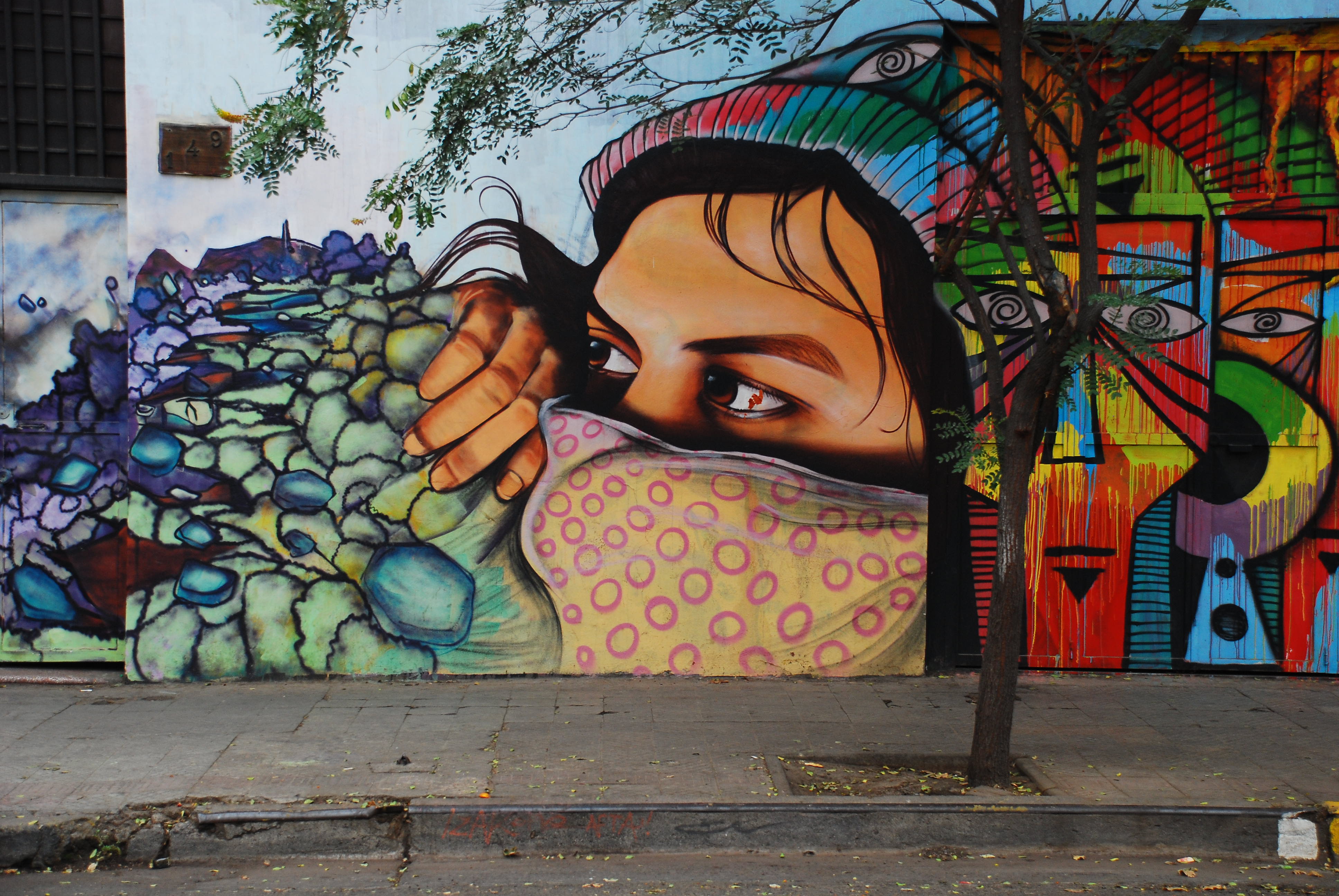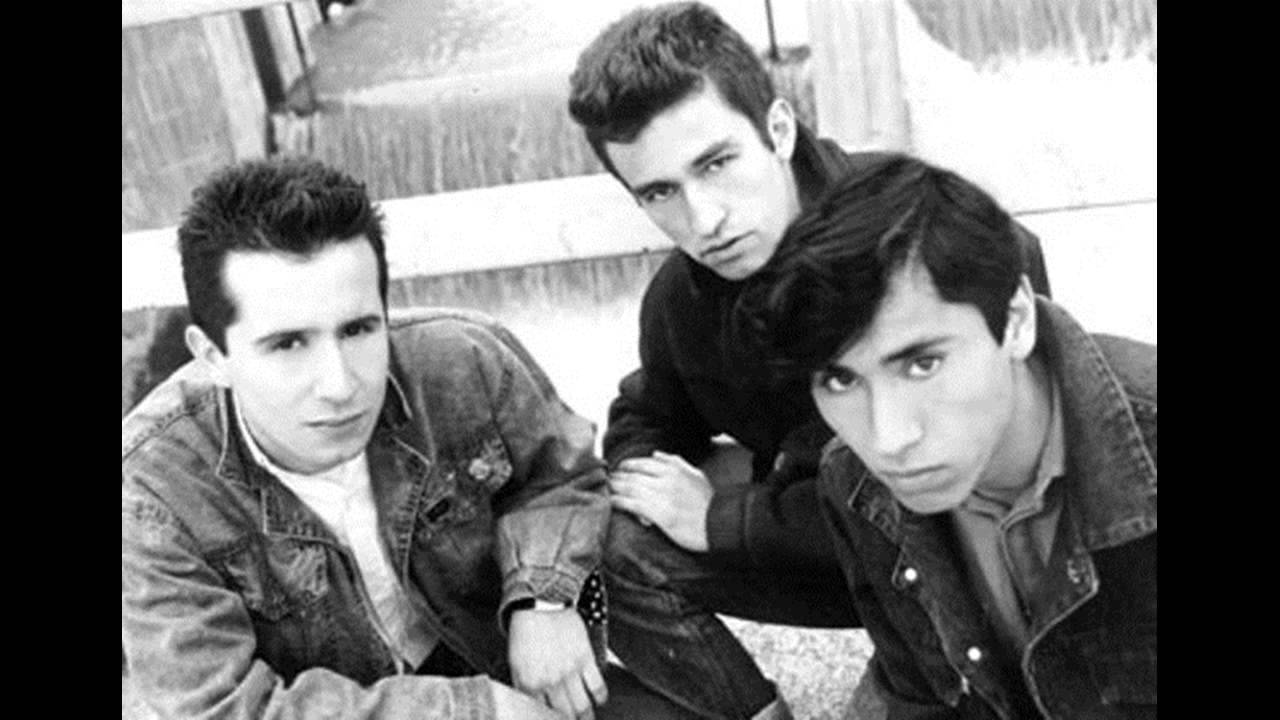Interpretation: I think it was mostly so shocking to us Americans because the majority of us come from and have lived in places in the United States that are not prone to earthquakes. Even when we do have them, like the one in Maryland a few years ago, we find them so uncommon that it was a huge deal to us Maryland-ers. Whereas someone from California might not have thought anything of it.
Evaluation: Similarly to someone in California experiencing a small earthquake in Maryland, the Chileans had the same feelings towards the earthquake we experienced during our trip. When we were so intrigued by what had woken us up during the night, the Chileans giggled and let us know that to them, it was only a small tremor, something they did not even consider an earthquake. I do not think about earthquakes as a daily or weekly part of my life here on the east coast of the United States and find it interesting that some people do in other parts of the world.










